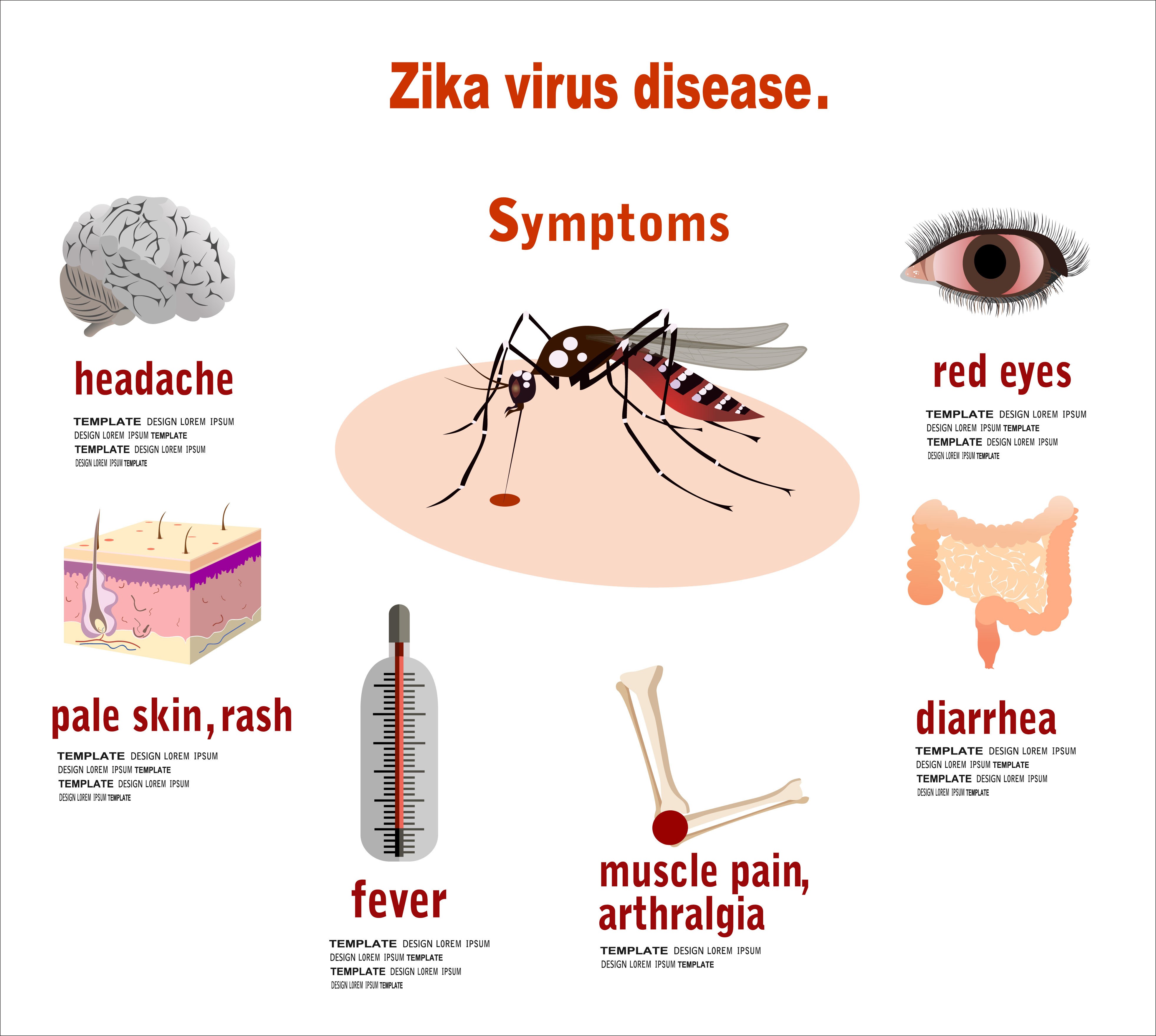THE 1st phase of clinical trials of a Zika virus vaccine has begun among 75 healthy adults at the Clinical Trial Center of the Walter Reed Army Institute of
Research, in Silver Spring, Maryland, in the United States of America.
The trial is designed to test safety and immunogenicity of the purified, inactivated Zika virus vaccine called ZPIV, developed earlier this year.
The trial is designed to test safety and immunogenicity of the purified, inactivated Zika virus vaccine called ZPIV, developed earlier this year.
Efficacy refers to the vaccine’s ability to demonstrate a
health effect when tested in a clinical trial.
Army Colonel (Dr.) Nelson Michael, director of WRAIR’s
Military HIV Research Programme, MHRP, and Zika programme co-lead, said it was
all done in 10 months.
Zika infections without symptoms can also lead to severe
birth defects and neurological complications. A safe and effective Zika vaccine
that prevents infection in those at risk is a global public-health
priority."
“The Army has moved efficiently from
recognizing Zika virus as a threat, producing ZPIV for use in animals and
demonstrating its effectiveness in mice and monkeys, producing ZPIV for human
testing, and now initiating clinical trials to establish its safety and build
the case for subsequent efficacy trials,
Dr. Kayvon Modjarrad, Zika programme co-lead and
associate director for emerging infectious disease threats at WRAIR’s MHRP,
said the Army was able to move so quickly in developing, manufacturing and
testing a Zika vaccine “because of its extensive experience with this vaccine
platform and longstanding investments in the understanding and mitigation of
flaviviruses like yellow fever, dating back to the founding of WRAIR.”
WRAIR officials say this study is part of the Defense
Department response to the ongoing Zika outbreak in North and South America and
Southeast Asia.
For service members, there are concerns about infection
during deployment and travel, but also in the continental United States, where
most military installations are concentrated in southern states. There, climate
conditions and mosquito populations favor Zika transmission, WRAIR officials
say.
Zika virus is transmitted to people primarily through the
bite of an infected Aedes species mosquito -- Aedes aegypti, and Aedes albopictus. The same mosquitoes
spread dengue and chikungunya viruses.
As of Nov. 2, the Centers for Disease Control and
Prevention, said149 cases of Zika infection were confirmed in the military
health system, including four pregnant service members and one pregnant family
member.
Zika infection during pregnancy, CDC says, can cause a
birth defect of the brain called microcephaly and other severe fetal brain
defects.




No comments:
Post a Comment